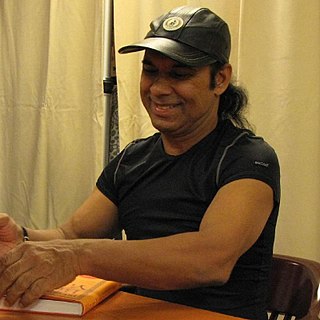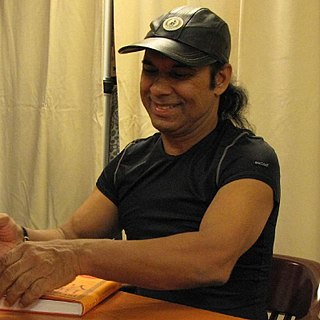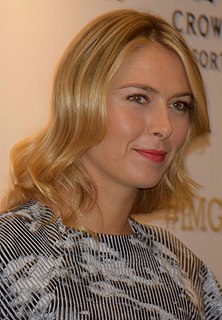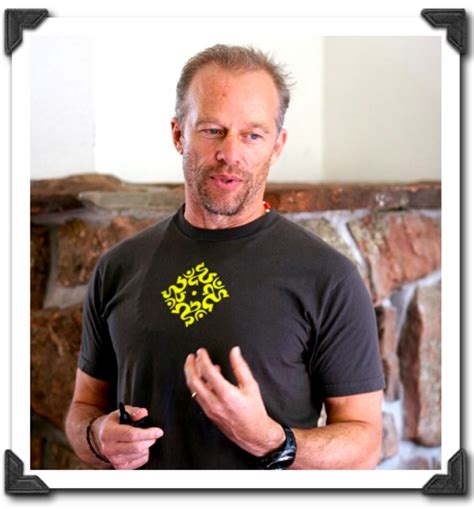A Quote by Douglas Groothuis
All forms of yoga involve occult assumptions, even hatha yoga, which is often presented as a merely physical discipline.
Quote Topics
Related Quotes
Indian forms of yoga have spread throughout the world due to their objectives of promoting health and harmony. Japan is but one of many countries that have received these age-old teachings. While Indian yogic disciplines (Hatha yoga in particular) have become well known, not everyone realizes that certain distinctive Japanese versions of Indian spiritual paths have evolved. Perhaps the first of these unique methodologies is the art of Shin-shin-toitsu-do, which was developed by Nakamura Tempu Sensei (1876-1968). In fact, Nakamura Sensei is often considered to be the father of yoga in Japan.
Yoga is a product of Eastern thought. A further complication is that the early Yoga teachers were both Indian and Hindu. So from the late 1800's and early 1900's the Yoga teachers who came across were as interested in Hinduism as in Yoga. Often what we were being taught was a mixture of two different systems.





























